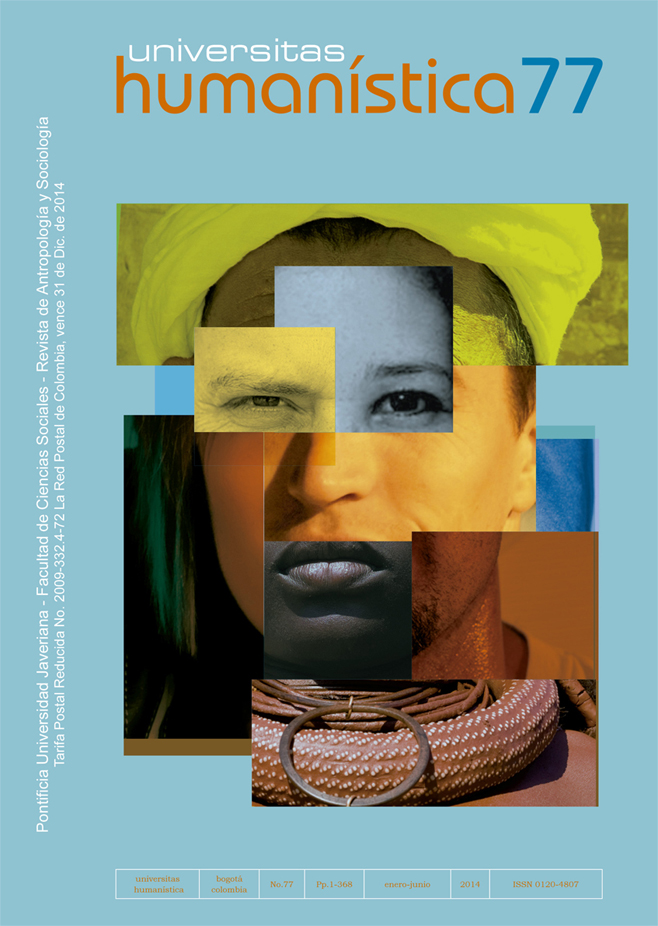Abstract
During the first half of the twentieth century in Bolivia a redefinition of the contours of national identity occured. Throughout this period, marked by the indigenous rebellion led by Zarate Willka in 1899, the specter of the race war and the Aymara migration to the city of La Paz resulted in the reconfiguration of the notions of Indian and race. This article discusses these changes from a historical perspective through the study of the so-called Indianist Week organized in 1931. It specifically analyzes the influence that the condensation of artistic, intellectual and public rituals, which staged indigenous elements, had in the reconfiguration of the concept of race and its concomitant transformation of the conceptions of Bolivian identity, Indianness and folklore, contributing to the formation of ambivalent representations, typical in the particularities of the Bolivian indigenism from the early twentieth century.

This journal provides immediate open access to its content on the principle that making research freely available to the public, encourages greater global exchange of knowledge.
The journal Universitas Humanística is registered under a Creative Commons Attribution 4.0 International Public License. Thus, this work may be reproduced, distributed, and publicly shared in digital format, as long as the names of the authors and Pontificia Universidad Javeriana are acknowledged. Others are allowed to quote, adapt, transform, auto-archive, republish, and create based on this material, for any purpose (even commercial ones), provided the authorship is duly acknowledged, a link to the original work is provided, and it is specified if changes have been made. Pontificia Universidad Javeriana does not hold the rights of published works and the authors are solely responsible for the contents of their works; they keep the moral, intellectual, privacy, and publicity rights.
Approving the intervention of the work (review, copy-editing, translation, layout) and the following outreach, are granted through an use license and not through an assignment of rights. This means the journal and Pontificia Universidad Javeriana cannot be held responsible for any ethical malpractice by the authors. As a consequence of the protection granted by the use license, the journal is not required to publish recantations or modify information already published, unless the errata stems from the editorial management process. Publishing contents in this journal does not generate royalties for contributors.


